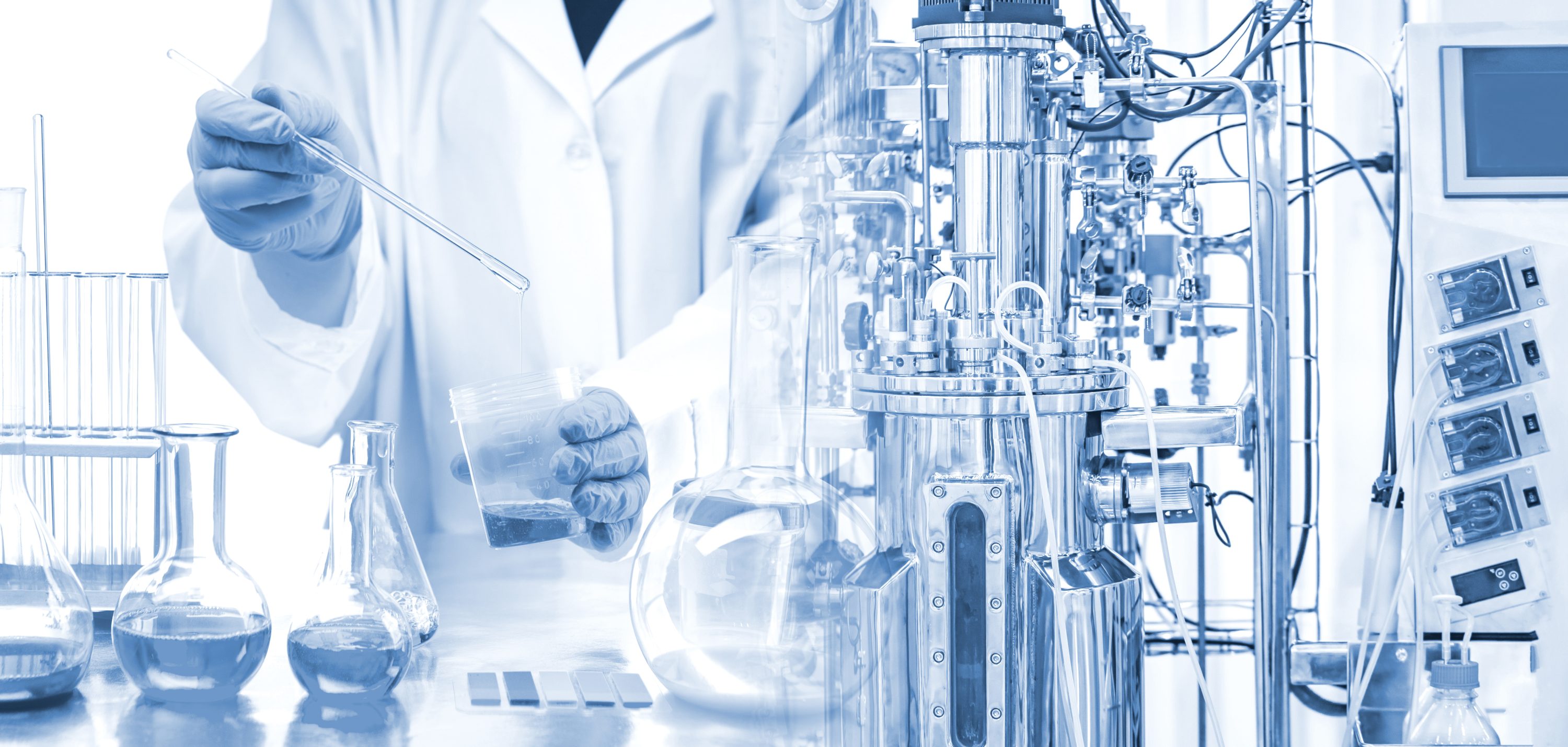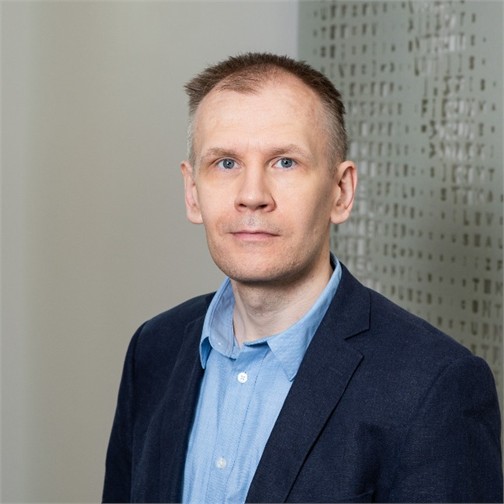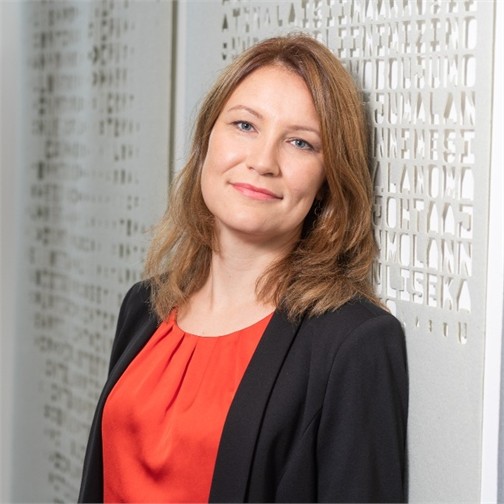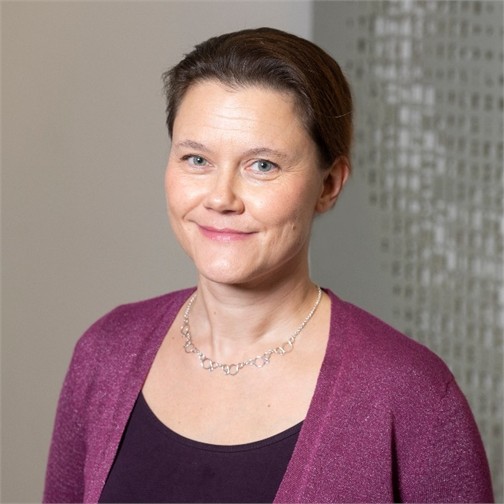
FoodSec
Smart Food Security

Hankkeen tiedot
| Project | Smart Food Security – FoodSec |
| Duration | 1.1.2023 – 30.12.2024 |
| Partners | Häme University of Applied Sciences: HAMK Smart & HAMK Bio Research Units |
| Funding | Ministry of Education and Culture |
| Budget | 497 750 € |
The Smart Food Security project aims to conduct practically oriented research that will support of sustainable food security.
The project covers three main areas of food production:
1) soil and growth media condition as a sustainable and fertile base for primary production,
2) indoor farming as a potential option to produce nutritionally rich food under stable environmental conditions, and
3) ensure that expertise in future technologies enhancing growth, utilizing food production side streams and eventually developing new food products is further developed.
Knowledge of synthetic biology including its applications in cellular agriculture will be integrated within the increased in FoodSec project as contributing to future food security. Cross-cutting themes include digitalized measurements and the analysis of the collected measurement data from the processes related to sustainable food security. The research work conducted in the project is also supported by industrial, academic, and international partners in smart bioeconomy.
Work Packages
The research activities are divided into four work packages (WP). While each focuses on its own specific research question and tasks, they are also linked together and will be developed in collaboration with network partners:industrial, academic, and local.
To maintain or improve the crop security of field production and to mitigate the environmental loading from agricultural areas, there is a need for functioning and robust methods for investigating, monitoring, and analyzing soil structure and hydraulic properties. Better understanding these properties are beneficial to researchers, farmers, farming advisors and food industry. WP1 develops smart digitalized approaches for smart biomass production by means of field data collection, analysis, and utilization.
WP Lead: Dr. Iivari Kunttu
Controlled indoor farming provides tool to control chemical composition of plants. This WP focuses on production of edible plants with superior health implications. Also other applications, such as nutraceuticals and cosmeceuticals are of interest. Additionally, this WP focuses on growth stimulating compounds, which improves crop productivity by enhancing plant resistance against abiotic and biotic stresses.
WP Lead: Dr. Marika Tossavainen
WP3 research focuses on edible fungi and mycelium extracts, which can be utilized in products with health or nutritional implications. To develop the sustainable practices for fungal cultivation, utilization of different aqueous and solid side streams from food industry in fungal cultivation as a source of essential nutrients or carbon are studied. Furthermore, influence of growth conditions on chemical composition of fungal biomass will be revealed.
WP Lead: Dr. Ulla Moilanen
Looking to the future, WP4 will further strengthen the connection between the biological and digital tools developed herein. To achieve this, the knowledge and tools of molecular biology will be applied to better understand and control the production of food in the projects’ various contexts. More specifically, we will identify and embed within existing processes novel strategies for the online measurement and control of process parameters related to e.g., metabolism of microorganisms in soil and submerged culture (i.e., cellular agriculture). Ultimately, this will not only contribute to more robust food production networks, but also provide the Häme region access to modern biotechnologies.
WP Lead: Dr. Julie-Anne Gandier
Contact
Project Manager: Iivari Kunttu
Project Experts: Marika Tossavainen, Ulla Moilanen, Julie-Anne Gandier




Follow us on social media!
Check out HAMK’s social media channels focusing on research!